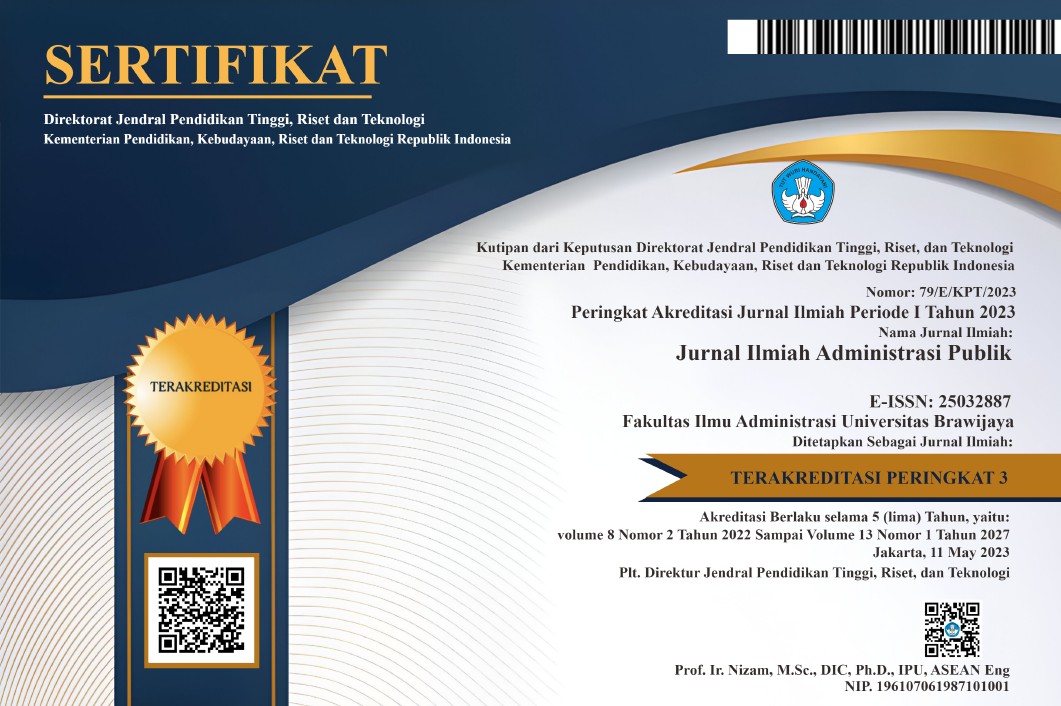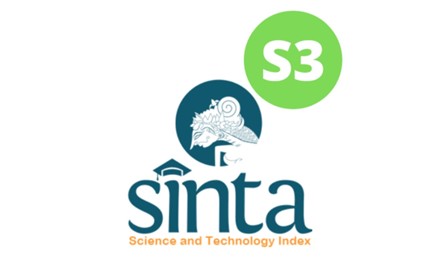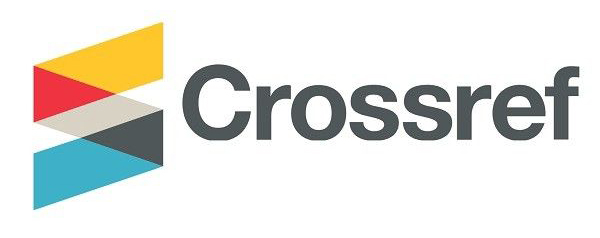Innovation in Municipal Waste Management in Malang, Indonesia
DOI:
https://doi.org/10.21776/ub.jiap.2018.004.02.7Keywords:
Innovation, Local Government, Malang Wast Bank, Waste ManagementAbstract
This paper described explanation about innovation of waste management reflected in Waste Bank in Indonesia. Malang district was the suitable place due to the success of Malang Waste Bank (MWB) in initiating waste management innovation. Qualitative method was used in order to give clear understanding. The result showed that there are some innovations was created by waste bank like waste saving that can be used to finance daily needs such as education, groceries, health, and social activities. The bank also used information technology to record and report on customer savings. In order to maintain the sustainability, the waste bank cooperated with some stakeholders such as local government, National Electric Company, and some local waste businessman. There are several factors influencing the success of waste bank in managing waste, including: understanding of waste business networks and the ability to position itself in the business networks, supporting from local government and other agencies to conduct waste business, and involving environmental activists in the wastemanagement.
References
Ancok, Djamaludin. (2012). Leadership Psicology and Innovation. Jakarta: Erlangga.
Guerrero, Lilliana A, Maas, Ger, and Hogland William. (2013). Solid Waste Management Challenges for Cities in Developing Countries. Waste Management, Vol. 33 (1), pp 220 – 232.
Halila, F, and Rundquist, J. (2011). The Development and Market Success of Eco-innovation. European Journal of Innovation Management, Vol. 14(3), pp. 278 – 302.
Henry, R.K., Yongseng, Z., and Jun, D. (2006). Municipal Solid Waste Management Challenges in Developing Countries – Kenyan Case Study. Waste Management, Vol. 26(1), pp. 92 – 100.
Hidayat, Rahmat. (2015). Solid Wate Management in Malang through Malang Waste Bank (MWB). Malang: DKP Kota Malang.
Lino F.A.M & Ismail K.A.R. (2013). Alternative Treathments for Municipal Solid Waste and Domestic Sewage in Campinas, Brazil. Resources Conservative Recycle, Vol. 81, pp. 24 – 30.
Lohri, Christian R, Camenzind, Epraim J, and Zurbrugg, Christian. (2014). Financial Sustainability in Municipal Solid Waste Management – Costs and Revenues in Bahir Dar, Ethiopia. Waste Management, Vol. 34, pp. 542 – 552.
Medina, Martin. (2008). The Informal Recycling Sector in Developing Countries: Organizing Waste Pickers to Enhance their Impact. Gridlines; No. 44. World Bank, Washington, DC. World Bank License: CC BY 3.0 Unported.
Memon, M.A. (2010). Integrated Solid Waste Management Based on the 3R Approach. Journal of Master Cycle Waste Management, Vol. 12 (1), pp.30 – 40.
Morse, S. (2004). How Citizens and Local Leaders can Use Strategic Thinking to Build a Brigher Future. San Fransisco: Jossey Bars.
Muluk, M.R.K. (2008). Knowledge Management: Key Success for Local Government innovation. Malang: Banyumedia Publishing.
Odumeru, James A. (2013). Innovation and Organizational Performance. Kuwait Chapter of Arabian Journal of Business and Management Review, Vol. 2 (12), pp. 18 – 22.
Potdar, Aditee, et al. (2016). Innovation in Solid Waste Management through Clean Development Mechanism in Developing Countries. Procedia Environmental Science, Vol. 35, pp.193 – 200.
Said, Mas’ud. (2007). Bureaucracy in Bureaucratic State. Malang: UUM Press.
Scheinberg, A., Wilson, D. C., Rodic, L. (2010) Solid Waste Management in the World’s Cities: UN-Habitat’s Third Global Report on the State of Water and Sanitation in the World’s Cities. London: Earthscan.
Senyk, J. (2005). Lessons from Equator Initiative: Community-based Management by Pred Nai Community Forestry group in the Mangroves in the Southeaster Thailand. Winnipeg: Natural Resources Institute.
Suhag, Abdul K, et al. (2015). The Relationship of Innovation with Organizational Performance. International Journal of Research-Granthaalayah, Vol. 5 (2), pp.292 – 306.
Willis, Ketie. (2005). Theories and Practices of Development. New York: Routledge.
Downloads
Published
Issue
Section
License
If your paper is accepted, the author identified as the formal corresponding author for the paper will receive an email prompting them to login into Author Services; where via the JIAP Author Licensing Service they will be able to complete the license agreement on behalf of all authors on the paper.














